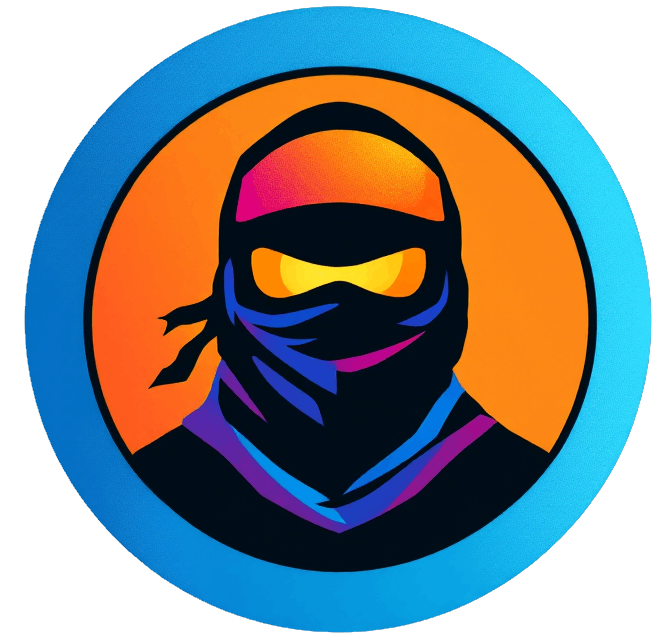📚 The Legal Frontier: Texas Battle over TikTok Access and Academic Freedom 🏛💭
—
Introduction: Imagine living in a world where digital platforms are not just entertainment portals but crucial conduits for research and pedagogy. The world is already witnessing such a conundrum, with applications like TikTok controlling the realms of social interaction, and offering innovative solutions to content creators. So, the question here is, can these digital platforms infringe on First Amendment rights if restricted? Can the inhibiting of access to such apps undermine the work of academic researchers and educators? This blog post sheds light on these questions and offers an inspiring roadmap for upholding the freedom of digital expression.
When Texas legislated to ban TikTok from government-issued devices, the ripple effect was felt far beyond the state’s administrative offices—it encroached into the halls of academia. At the heart of the matter is the claim that such restrictions impede the constitutional right to freedom of speech, particularly amongst college professors whose work thrives on the unfettered access to information and content dissemination platforms. This unfolding legal saga challenges us to reevaluate the balance between national security and intellectual liberty.
—
🔍 The Initial Struggles: Academic Boundaries Redrawn
The inception of the TikTok ban in Texas marked a bold line in the digital sand, redefining the boundaries for educators and researchers. Accustomed to the uncharted domains of cyberspace, college professors found themselves stranded at the threshold of an unexpected barrier. The tough start beset by the new regulation, the uncertainties about the impact on academic work, and how these restrictions test the spirit of inquiry epitomize the initial hardships for the academic community.
But it’s not just about the frustration of being cut off from a popular app; it’s the implication that their pedagogical toolkit has been abruptly diminished. As academics navigate this conundrum, they harness a renewed determination, learning to adapt and seeking alternative routes to convey their research and teachings effectively.
—
🎓 The Turning Point: Legal Challenges and the Fight for Rights
The challenges to the Texas TikTok ban signify a crucial shift from passive acceptance to proactive legal contestation. By initiating a lawsuit grounded in the First Amendment, college professors and First Amendment lawyers have sparked a thrilling turn of events. It’s not merely a petition; it’s an assertion of the fundamental right to free speech and the indispensable role that digital platforms play in modern academia.
This legal confrontation serves as a beacon of hope for advocates of academic freedom, signaling that the journey towards intellectual autonomy is paved with resistance but also with opportunities for pivotal advancements in the relationship between technology and constitutional rights.
—
📈 Scaling Up: The Broader Implications
The stakes of the case transcend beyond safeguarding the research activities of a select few; the outcome has the potential to reverberate through the broader echelons of education and free speech advocacy. In scaling up the discourse, one ventures into the strategies of framing legal arguments, mobilizing public opinion, and expanding the coalition of stakeholders in support of digital freedom in academia.
This scenario encourages a dialogue on cybersecurity concerns, while emphasizing the need for nuanced policies that protect both national interests and academic paradigms. Growth in this context is a measured expansion of understanding and accommodation of the symbiotic relationship between education and social media platforms.
—
📜 Lessons Learned: Navigating Digital Rights in Academia
In this legal tussle, the academic fraternity is charting previously unexplored territory, uncovering lessons about the vulnerability and resilience of educational institutions in the digital age. Among these lessons is the indispensability of team effort in mounting a formidable legal challenge, the adoption of a rights-centric approach to protect scholarly work, and the realization that persistent effort is crucial in safeguarding academic liberties.
Concurrently, the case acts as a caveat for educators and lawmakers, underscoring the intricate interplay between technological access and constitutional rights. Acknowledgment of potential pitfalls, like the erosion of academic freedoms and the propensity for overly broad regulations that trample on individual liberties, is indispensable for navigating future policy landscapes.
—
🔮 The Future: Charting a Path for Academic Expression in the Digital Realm
The horizon glows with the prospect of establishing precedent-setting legal safeguards for academic freedom in the digital age. The future narrative entails establishing robust plans and strategies, aimed at not only reversing restrictive mandates like the Texas TikTok ban but also fostering an environment where educators and researchers can thrive without undue encroachment on their freedoms.
Envisioning this future also involves anticipating the evolution of social media platforms and their integration into pedagogical frameworks. With a collective vision, the academic community and its supporters are gearing up to pioneer a sustainable and liberty-oriented trajectory for digital expression and innovation.
—
Conclusion: Upholding the Sanctity of Free Speech in Academia
As we encapsulate the journey of Texas college professors in their legal standoff to reinstate access to TikTok, we are reminded of the transformative power of upholding free speech in unknown territories. The story of this legal affair accentuates the core components of academia—resilience, grit, and visionary foresight. At the crossroads of technological change and constitutional integrity, their endeavor echoes a broader advocacy for freedoms that form the bedrock of an innovative and just society.
Through their resolve, we glean a living instruction on the significance of safeguarding our right to learn, teach, and express without barriers in an increasingly digitized world. The battle for TikTok access is thus emblematic of a larger quest to ensure that the hallmarks of academia—curiosity and expression—remain untethered by technological or legislative shackles.
—
Are you ready to join the movement and redefine the scope of what’s possible within your organization? Connect with me on [LinkedIn] to explore how we can harness technology and adapt to the evolving landscapes of legality, education, and freedom. 🚀🌟
